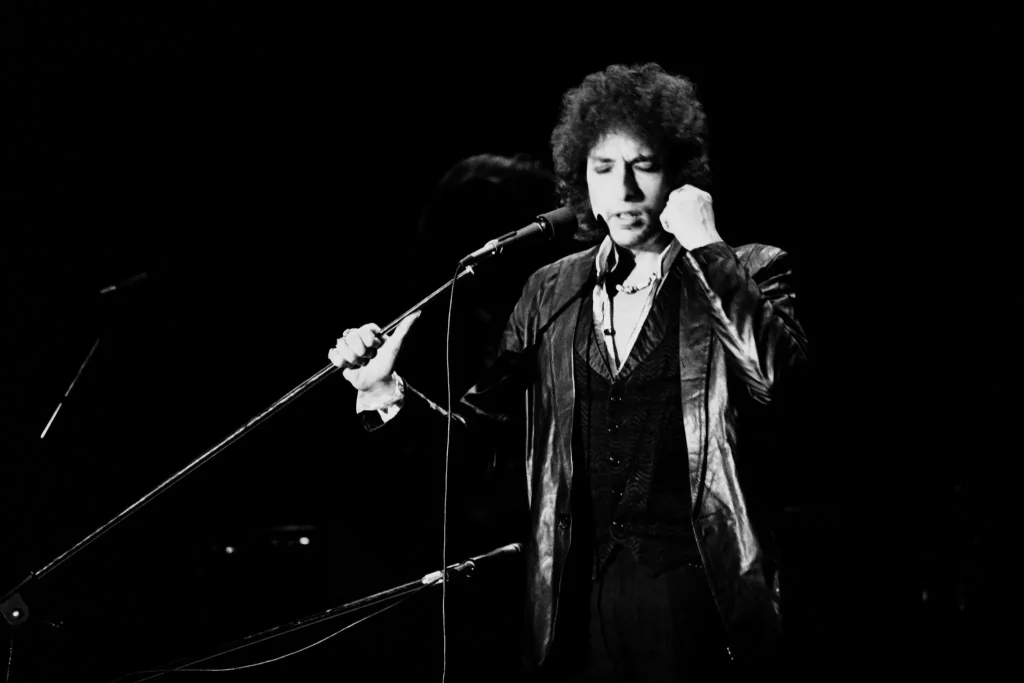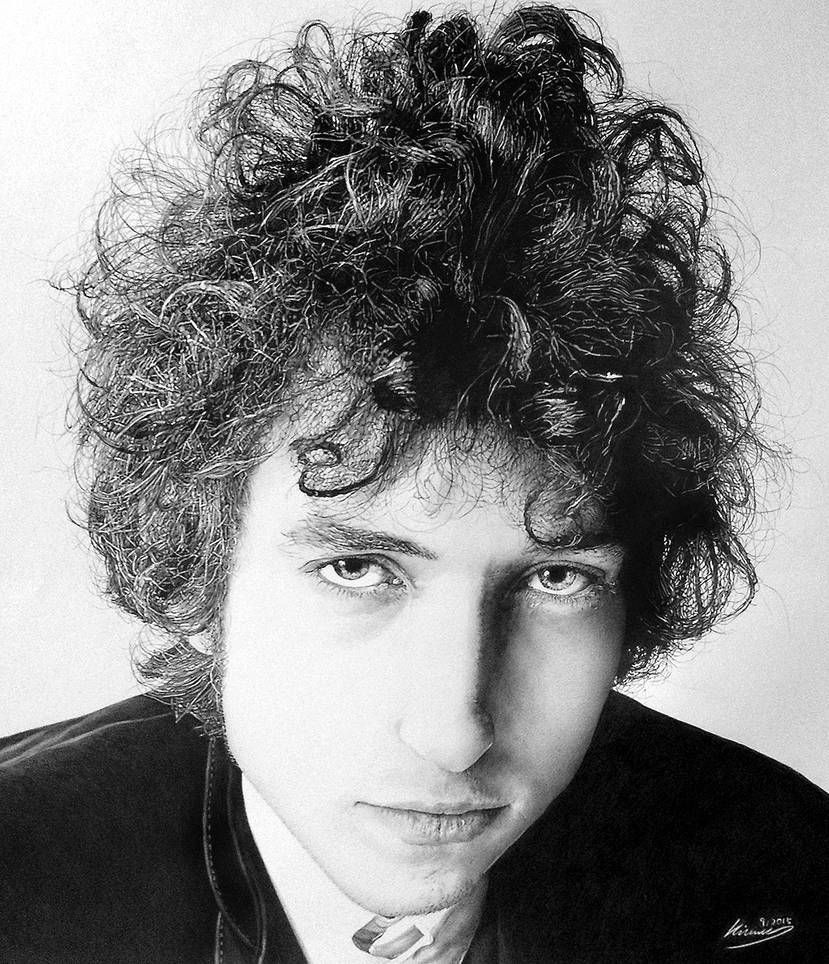
A Tale of Betrayal and Resentment Wrapped in a Melody
When Bob Dylan released “Positively 4th Street” in 1965, it wasn’t just another song; it was a raw, unfiltered outpouring of emotion that struck a chord with many. This track, which reached number seven on the Billboard Hot 100 chart upon its release, is a brilliant encapsulation of bitterness and disillusionment. The song was released as a single between two of his most influential albums, Highway 61 Revisited and Blonde on Blonde, and has since become emblematic of Dylan’s ability to convey complex emotions through seemingly simple lyrics.
The backstory of “Positively 4th Street” is as intriguing as the song itself. Many speculate that Dylan’s lyrics were directed at those who criticized his shift from acoustic folk to electric rock music—a move that polarized fans and critics alike. The “4th Street” in the title is often thought to refer to the cultural hub in Greenwich Village, New York City, where Dylan lived and performed during the early years of his career. This area was not just a geographical location but a symbol of the vibrant artistic community that both nurtured and challenged him.
The song opens with an accusatory tone, immediately setting the stage for an intimate yet universal narrative about betrayal and hypocrisy. Dylan’s words are sharp and cutting, yet there’s an underlying vulnerability that resonates deeply. It’s this duality—anger mixed with a hint of sadness—that makes the song timeless. Older listeners might find themselves reminiscing about past relationships or friendships where similar feelings of disappointment were felt. The song becomes a mirror reflecting personal experiences of disillusionment.
Dylan’s unique storytelling ability shines through as he paints a vivid picture of someone who feels let down by those they once trusted. The lyrics are filled with vivid imagery and biting sarcasm, allowing listeners to visualize the strained relationships being described. Lines like “I know the reason that you talk behind my back” and “You’ve got a lotta nerve to say you are my friend” encapsulate the essence of feeling betrayed by those who should have been allies.
Musically, “Positively 4th Street” is deceptively simple, featuring Dylan’s signature harmonica alongside an understated organ accompaniment that adds a haunting quality to the track. This simplicity allows the lyrics to take center stage, ensuring that every word hits with full force. For those who lived through the tumultuous 1960s, this song might evoke memories of personal or societal upheaval—a time when alliances were tested and personal convictions came to the fore.
As we delve deeper into its meaning, it’s evident that Dylan was not just addressing personal grievances but also commenting on broader social dynamics. The mid-1960s were a period of significant cultural shifts in America, with traditional values being questioned and new ideologies emerging. In this context, “Positively 4th Street” can be seen as both a personal lament and a critique of societal hypocrisy.
The enduring appeal of “Positively 4th Street” lies in its ability to resonate across generations. While younger audiences may appreciate its lyrical genius and historical significance, older listeners might find comfort in its familiarity—a reminder of their own journeys through life’s complexities. It’s a testament to Bob Dylan’s genius that he could craft a song so specific yet universally relatable.
In conclusion, “Positively 4th Street” remains one of Dylan’s most compelling works—a poignant exploration of human relationships marked by betrayal and unfulfilled expectations. Its place in music history is firmly cemented not just by its chart success but by its profound impact on listeners who have found solace in its candid expression of hurt and defiance. As you listen to this classic track, allow yourself to be transported back to an era defined by change and introspection—a time when music served as both a refuge and a powerful means of self-expression.
